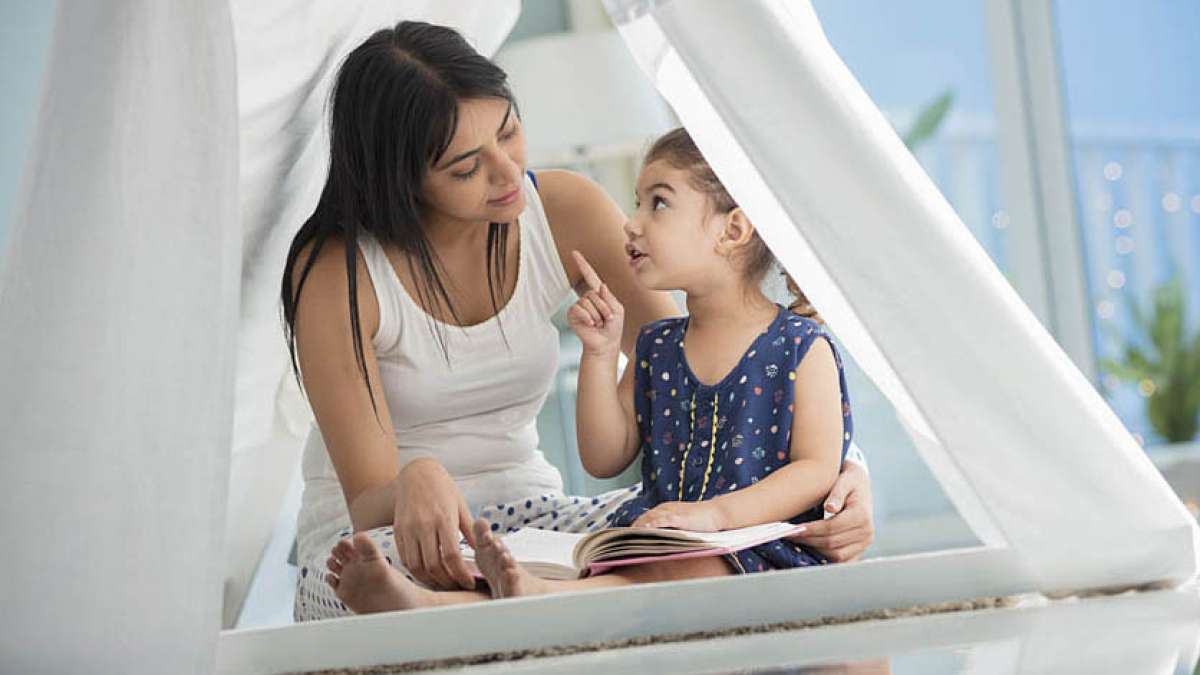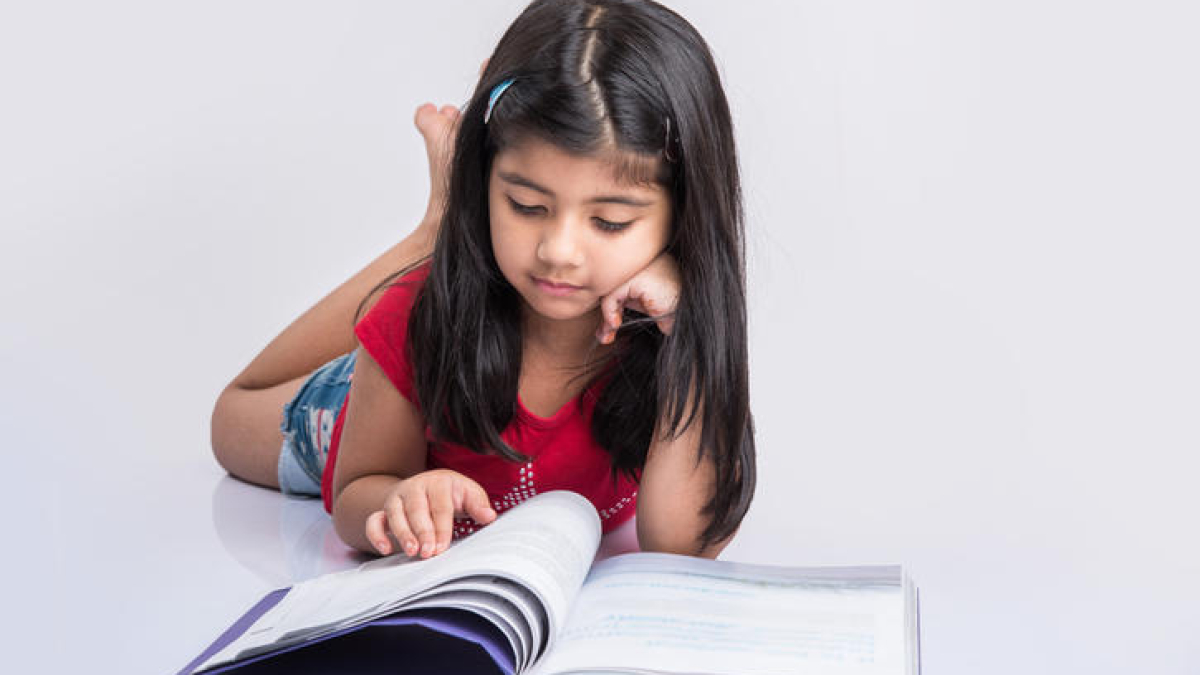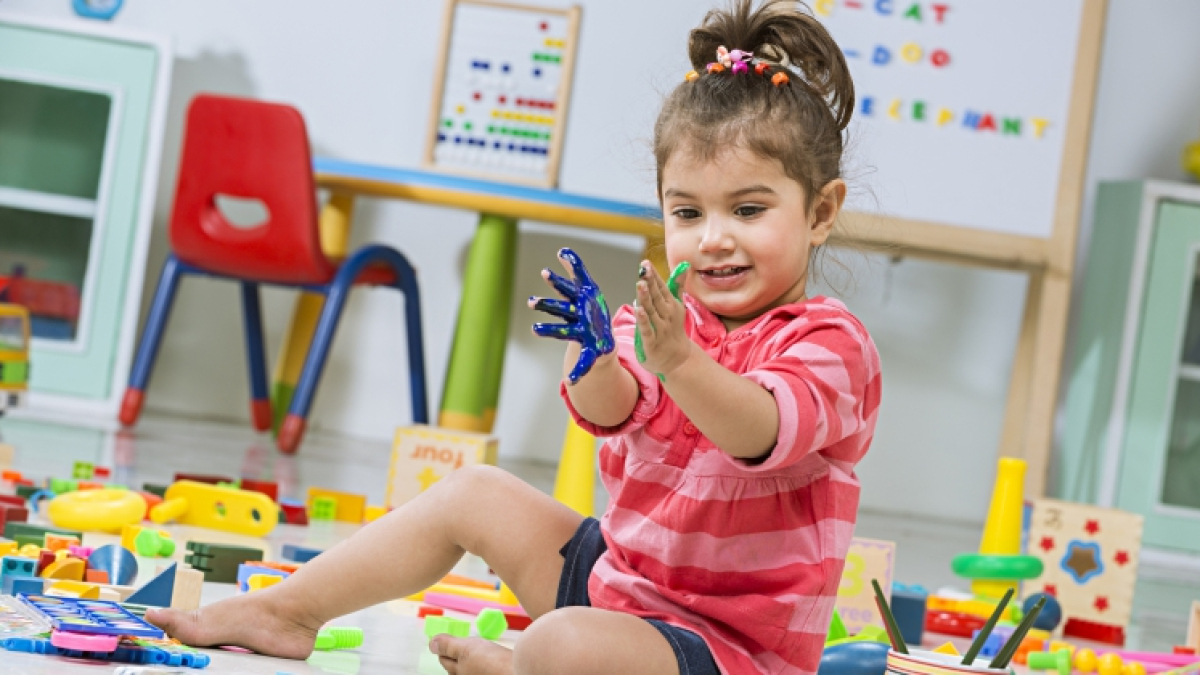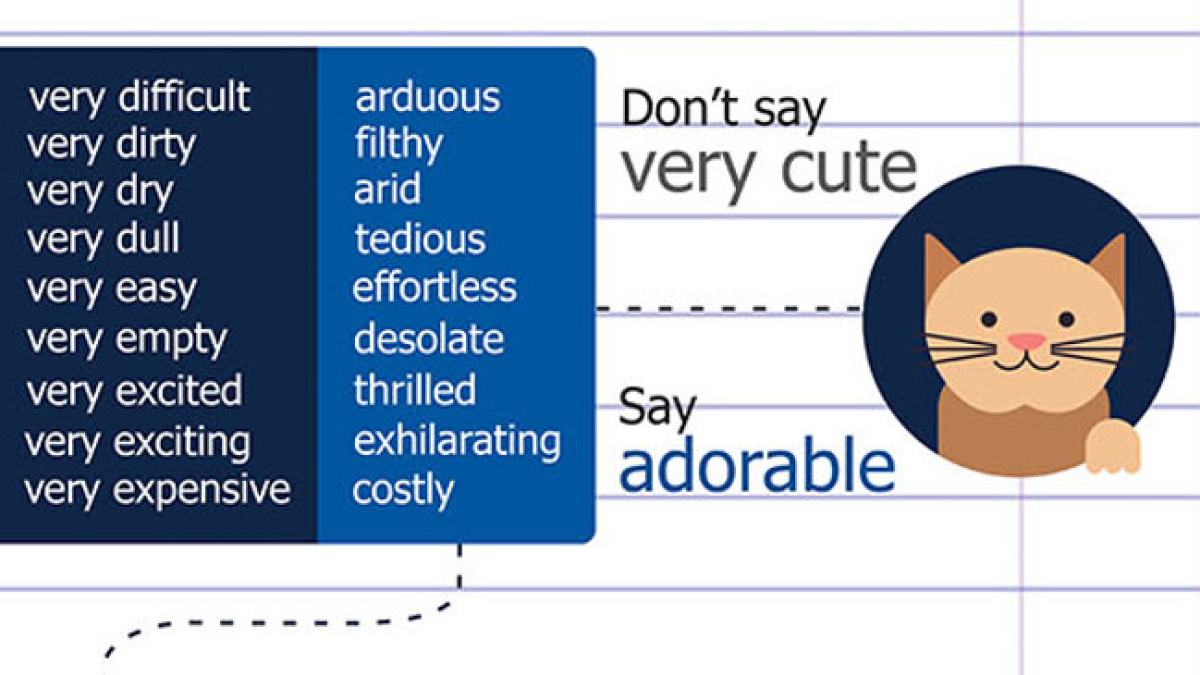“The world is so full of a number of things, I’m sure we should be as happy as kings.”
~Robert Louis Stevenson
And yet boredom, above all the poetic utopia is a fact and a reality that exists. Especially with children. In simple words, boredom is a signal that our brain is
(i) either disinterested in the activity at hand, or
(ii) has no activity at all to be engaged in
In both cases the brain seeks excitement or stimulation to release endorphins (the happiness hormone), so that it can make us feel happy, motivated and content once again.
When it comes to children, boredom has been a subject of many scientific researches and ongoing studies. Educational experts and psychologists have shown immense interest in boredom as a subject of research. Growing parental concerns regarding addressing or ignoring the boredom nags of a child has remained a debatable topic. Let us discuss this.
Children are naturally curious.
Children are naturally curious and their appetite to learn new concepts leads them from one activity to another. They yearn to engage themselves in new and stimulating activities; that is how their brain naturally develops sharper and faster. They are always learning, even when they are simply observing.
As Prof. E.S. Krishnamoorthy, Director, Institute of Neurological Sciences, Chennai states “It is normal for a child to be curious and seek novelty. It protects their brains from degeneration later”. Boredom in kids therefore is a temporary phase that they naturally learn to deal with, if given the opportunity to do so.
Children are naturally wired to tackle monotony.
Ray L. Wilbur, of Stanford University observed that “the potential possibilities of any child are the most intriguing and stimulating in all creation.” Children have a natural resilience to tackle ennui and boredom. Children are blessed with the ability to create, innovate and invent new means to entertain themselves.
Boredom is therefore crucial for the development of imagination and the ability to develop ‘internal stimulus which allows true creativity’’ as observed by Dr. Teresa Belton, visiting fellow at the University of East Anglia. The ability to develop the internal stimulus sparks creativity, inventiveness, friendliness, resourcefulness, hones the planning and problem solving skills of children and inculcates leadership when left to devise self-directed activities in groups.
Children naturally utilize idle time to create self-awareness and reflect on their own interests.
Dealing with boredom effectively is a life-skill that kids need to be left alone to master. This aspect of boredom versus the children was studied by Adam Philips, a British psychoanalyst in 1993. He argued in his essay that in the irritable confusion of boredom, the child often reaches a state of “emptiness from where his real desire crystallizes.”
This is infact a subtle journey of self-actualization for children and is essential for them to find that deeper connect with their own personalities. Baroness Greenfield, a neuroscientist and an Oxford University professor has also made a similar observation in her works and said that ‘youngsters develop a sense of identity from having to find things to do’.
Parents respond to child’s boredom in primarily two ways:
(I) Engagement in structured activities
Boredom as unpleasant as it may seem is a modern day luxury. In our new social and cultural set up, we have overloaded our kids with our expectations. Parents are generally hard pressed on time, and prefer to keep their kids engaged in a lot of activities to avoid an empty mind. There is a whole new economy thriving on keeping the kids engaged and busy. Apart from a variety of structured activities like dance, drama, theatre, art and crafts, skating, swimming, karate and several other sports activities we now see a rising trend of weekend and holiday workshops.
While these activities do offer a lot of exposure to the kids, it does rob them off the free and idle time to simply stare, observe, reflect and think. An over stimulated brain suffers habituation effect of a constant supply of external stimulus. Such children may have low levels of self-motivation and creativity when it comes to utilizing the rich moments of solitude. In his book titled ‘The Conquest of happiness’ famous philosopher Sir Bertrund Russel devoted a chapter to the importance of boredom for children. He observed, ‘too much travel, too much variety of impressions are not good for the young’ as it causes them to become incapable of enduring monotony later in life. He rightly observed that the “imagination and capacity to cope with boredom must be learnt as a child”.
Children need some time to daydream and just be. They need some time to stand and stare, to reflect and introspect. This span of mental downtime as they call it is prone to episodes of boredom, which can safely be ignored in their larger interest. This is an integral part of growing up and essential to develop an inner focus, observe, make opinions, and internalize feelings and emotions. A lot of structured time offers no space to children for mind wandering and to figure out their propensities which are the foundation for later life choices in both academics and career.
(II) Instant gratification with technological aids
Another way in which parents often tend to treat boredom of kids is by offering instant gratification by way of screen time on laptops, iPads, smart phones and television, to avoid the corrosive guilt pangs on their parental mettle. Such instant gratification is a ‘misguided approach’ by parents as claimed by Adam Philips.
Understandably, the goal of all these activities that parents engage their kids with is to offer them exposure to various activities and let them discover their own special talents as well as interests they are gifted with. But more often than not, there is a real risk of over stimulating and over planning your child’s life as well!
Technological aids offer a connection with virtual world only, thus impeding the growth of social emotional component in kids. Moreover being a directed activity, technological entertainment has complete dependency on external stimulus. An exposure to a lot of information on media and other technological tools consumes the attention of children and researches have seen a rise in the number of kids identified with attention deficit hyperactivity disorder (ADHd). Dr Teresa Belton, an academic and education expert observed that screen time tends to “short circuit the process of development of creative capacity and for the sake of creativity we need to slow down and stay offline”.
What Parents can do apart from what they usually do
Sometimes, being bored for a child means an inability to find deeper connections with people around or with his/her surroundings. It could also be due to communication starvation or togetherness depravity. Parents often overlook the reasons for a child’s boredom and handle it with quick fixes that only end up aggravating the problems later in life. Parents can rise to the occasion and make better parent child bonding during such phases of boredom faced by a child. Togetherness and communication are healthier and gentle responses to a bored child.
John Gottman, a child psychologist and a Professor at University of Washington, has found that parents who expose their children to negative emotions like sadness and boredom without distracting them raise more emotionally intelligent children as these children fully feel and work through these emotions. This is a subtle preparation for later life crisis and challenges.
CONCLUSON
Samuel Johnson, a prolific English writer has articulately stated ‘it is every man’s duty to assume the moral responsibility for his own boredom.” In our increasingly hyper connected and fast paced life, boredom is a luxury, parents are duty bound to allow their kids to explore and tackle. It will help them develop life skills, fuel creativity, instill the art of imagination and inculcate self-reliance.








